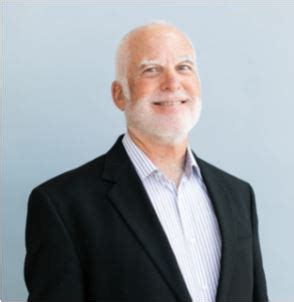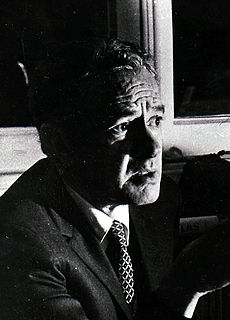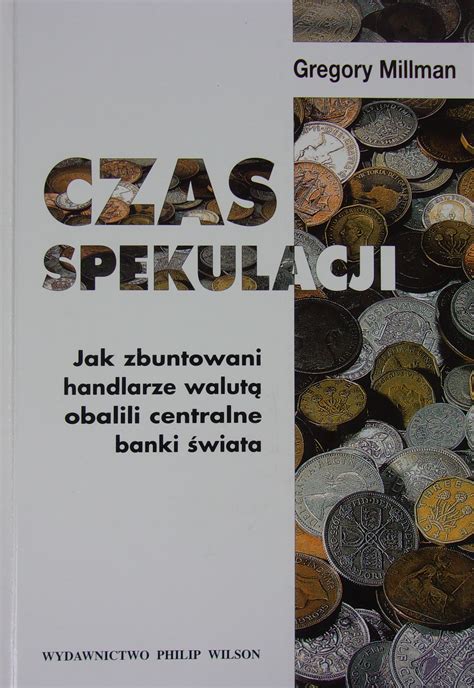A Quote by Jean Rostand
Far too often the choices reality proposes are such as to take away one's taste for choosing.
Related Quotes
Take away material prosperity; take away emotional highs; take away miracles and healing; take away fellowship with other believers; take away church; take away all opportunity for service; take away assurance of salvation; take away the peace and joy of the Holy Spirit... Yes! Take it all, all, far, far away. And what is left? Tragically, for many believers there would be nothing left. For does our faith really go that deep? Or do we, in the final analysis, have a cross-less Christianity?
Sometimes, when you grow up in one of these poverty-stricken neighborhoods where the educational system isn't the best, you don't realize that you have any choices. Often, kids don't appreciate the choices available, as if it's either the street or nothing. I want them to understand that reality is what's relative to you, and that you can make choices that allow you to create a new reality for yourself.
We want our children to become who they are- and a developed person is, above all, free. But freedom as we define it doesn't mean doing what you want. Freedom means the ability to make choices that are good for you. It is the power to choose to become what you are capable of becoming, to develop your unique potential by making choices that turn possibility into reality. It is the ability to make choices that actualize you. As often as not, maybe more often than not, this kind of freedom means doing what you do not want, doing what is uncomfortable or tiring or boring or annoying
A good taste in art feels the presence or the absence of merit; a just taste discriminates the degree--the poco piu and the poco meno. A good taste rejects faults; a just taste selects excellences. A good taste is often unconscious; a just taste is always conscious. A good taste may be lowered or spoilt; a just taste can only go on refining more and more.





































